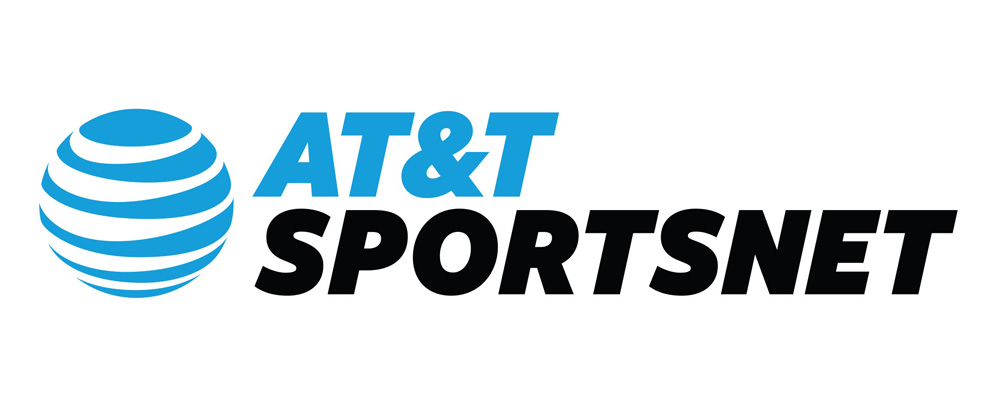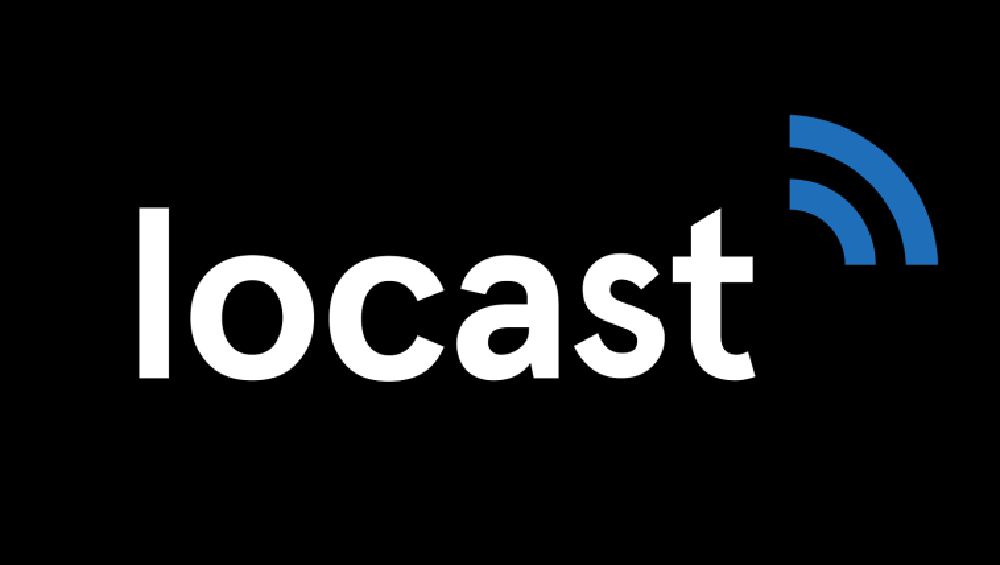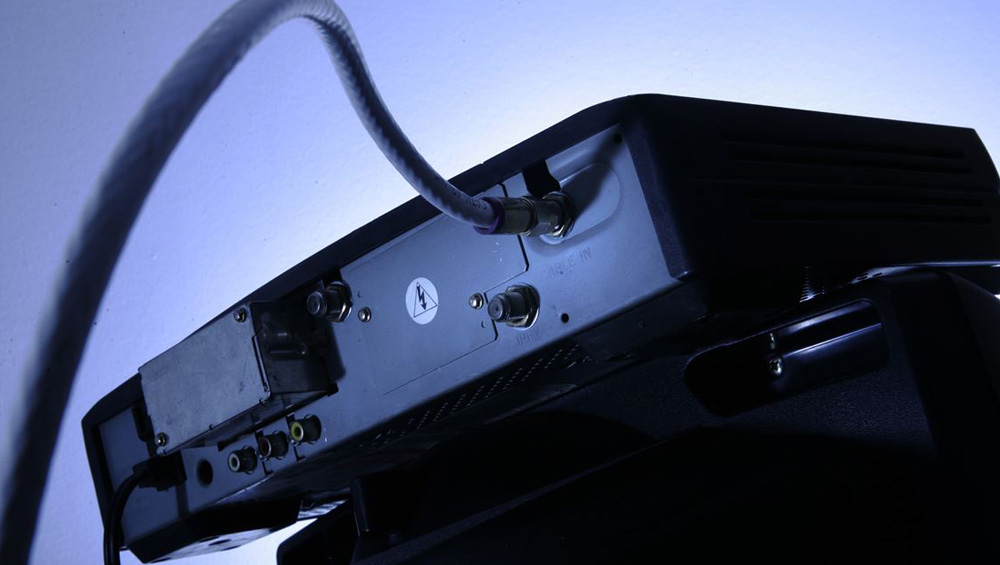
It tells the teams whose games are carried by three of its regional networks that it wants to stop operating the channels.

Pittsburgh is known as one of the truly competitive TV markets in the nation, and a new battleground has emerged in the 4 p.m. hour. KDKA (above) has run 4 p.m. news since 2002, while WTAE debuted an hour-long program in July and WPXI did so in mid-September.

Local TV streaming service Locast said it has launched in its 35th market, Pittsburgh (DMA 26). The geofenced service will also include Morgantown, W.Va., with is lineup of 40-plus TV station channels.

Santiago Garces, Pittsburgh’s director of innovation and performance, fears an FCC vote this week could mean the end to free cable boxes and internet connectivity provided to the city to roughly half of the city’s buidigs for free by Comcast and Verizon.
Pittsburgh: Wrapping Up A Down Year
 TV and radio spending are down from last year, though December has been stronger. On TV, spending in 2015 has slipped high single-digit percentages versus last year, though the market has rebounded in recent weeks. Top TV categories include auto and wireless, and of course Steelers and Penguins games draw lots of advertisers.
TV and radio spending are down from last year, though December has been stronger. On TV, spending in 2015 has slipped high single-digit percentages versus last year, though the market has rebounded in recent weeks. Top TV categories include auto and wireless, and of course Steelers and Penguins games draw lots of advertisers.
Pittsburgh: TV Pricing Falls Slightly
 The market has been slower this year, with ratings down. Sports teams like the Pirates and Steelers are the biggest draw on TV and on radio, where pricing is flat.
The market has been slower this year, with ratings down. Sports teams like the Pirates and Steelers are the biggest draw on TV and on radio, where pricing is flat.
KDKA, WTAE Claim Pittsburgh Ratings Wins
Pittsburgh Tops Major TV Viewing Cities
By one metric, Pittsburgh residents watched more live TV in the February sweep than other Nielsen large markets, while St. Louis led in time-shifted viewing. The data, part of Nielsen’s first “Local Watch” report, looked at the average daily viewing among the 25-to-54 demo during the most recently completed sweeps period.
Pittsburgh TV News Is A Tight 3-Way Race
 Some say the Steel City is the most competitive news market in the country. Three stations — WTAE, KDKA and WPXI — are serious competitors that fight hard for stories and viewers. WPXI’s Ray Carter: “It’s a roller coaster ride here,” he says. “You can be No. 1 at 5 p.m. in November and No. 3 by February. Every daypart is close, and it’s never dull.”
Some say the Steel City is the most competitive news market in the country. Three stations — WTAE, KDKA and WPXI — are serious competitors that fight hard for stories and viewers. WPXI’s Ray Carter: “It’s a roller coaster ride here,” he says. “You can be No. 1 at 5 p.m. in November and No. 3 by February. Every daypart is close, and it’s never dull.”
Pittsburgh: Looking Like A Buyer’s Market
 TV is down 10% in first quarter, and the rest of the year isn’t looking much better, despite a healthy economy in the city. The market is not seeing the big increases from automotive and retail that have lifted other cities across the country to start the year. That said, there are a few categories that have become more active in recent weeks and given TV a small boost.
TV is down 10% in first quarter, and the rest of the year isn’t looking much better, despite a healthy economy in the city. The market is not seeing the big increases from automotive and retail that have lifted other cities across the country to start the year. That said, there are a few categories that have become more active in recent weeks and given TV a small boost.
With five new talk shows and a smattering of other syndicated and locally produced fare, Pittsburgh’s TV stations will be offering viewers a variety of new non-network programming this fall.
Pittsburgh: TV Gaining Ahead Of Elections
Pittsburgh is a healthy media market that is showing slight gains versus a year ago without the flood of political spending that has helped lift other markets. Political will further lift the market as the November elections approach, but so far this year other categories have been driving TV spending, namely auto, telecom and fast food.
Pittsburgh Ratings Reflect Loss Of ‘Oprah’
Pittsburgh: Healthy, With TV Pricing Up
 Pennsylvania will once again be an important swing state in the 2012 presidential election, and that should mean record-setting political spending in Pittsburgh, where the surrounding counties lean Republican, as President Barack Obama tries to win votes in industrial areas of the country in his bid for reelection.
Pennsylvania will once again be an important swing state in the 2012 presidential election, and that should mean record-setting political spending in Pittsburgh, where the surrounding counties lean Republican, as President Barack Obama tries to win votes in industrial areas of the country in his bid for reelection.
PublicSource.org, a regional nonprofit news website based in Pittsburgh, will make its debut on Aug. 1. The site is funded by a $253,000 grant from the John S. and James L. Knight Foundation, as well as $325,000 from the Pittsburgh Foundation.
The new calls for what’s now WQEX Pittsburgh are just part of Ion’s effort to transform the ShopNBC affiliate to its own network O&O with Qubo and Ion Life on subchannels.
The seller is noncommercial WQED, which has been trying to spin off the station since the mid-1990s. More than a decade ago, Ion, as Paxson Communications, had tried to acquire the station, but that deal ran into opposition from public TV advocates.











































